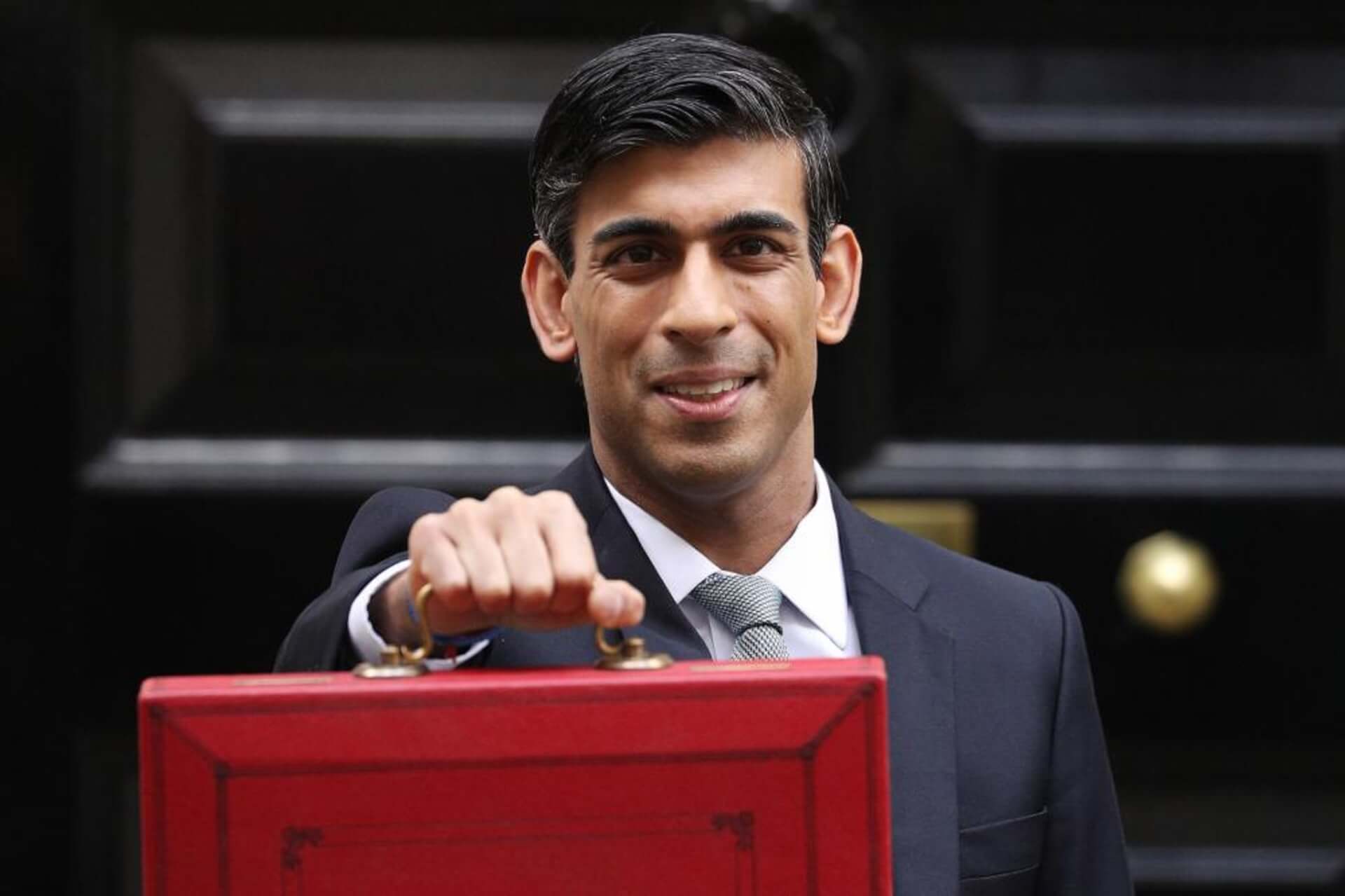British Chancellor of the Exchequer Rishi Sunak presented the second post-pandemic budget on Wednesday, through which he seeks to cushion the economic impact of the COVID-19 pandemic on businesses and the British workforce. To this end, he announced a total package of £407 billion.
Introducing the budget and what the government aims to achieve, he said, “This budget meets the moment with a three-part PLAN to protect the jobs and livelihoods of the British people. First, we will continue doing whatever it takes to support the British people and businesses through this moment of crisis. Second, once we are on the way to recovery, we will need to begin fixing the public finances – and I want to be honest today about our plans to do that. And, third, in today’s Budget we begin the work of building our future economy.”
To work towards post-pandemic economic recovery, Sunak announced the extension of the furlough scheme to September, continuing to require at least 80% of wages to be paid. Further, he declared grants for self-employed people and extended the applicability of the scheme to include 600,000 individuals who had previously been excluded.
To ease other financial constraints caused by the pandemic, he made several other announcements. This included increasing the limit on contactless payments, dedicating more money for the COVID-19 vaccine roll-out, and granting relief for museums, theatres, galleries, and pubs, which faced significant losses due to the lockdowns. He also set aside £100 million for a task force specifically set up to overlook COVID-19 schemes and make sure there is no fraud or corruption in their roll-out.
However, the tax burden in the United Kingdom (UK) has reached its highest since the 1960s. Consequently, large companies are likely to bear the brunt of the tax hike, with the rate of corporation tax set to rise from 19% to 25% in 2023. However, small firms will be exempt from this. Moreover, he said that the income tax thresholds will remain frozen, which is predicted to result in 1.3 million more people paying taxes and one million paying a higher rate than they already do. The combined effect of this, according to the government’s fiscal watchdogs, The Office for Budget Responsibility, would result in the tax burden rising from 34% of the gross domestic product (GDP) to 35% in 2025.
The increase in tax burden was not well-received by all. Tony Danker, the Director-General of the Confederation of British Industry, said that the hike in corporation tax could “cause a sharp intake of breath for many businesses and sends a worrying signal to those planning to invest in the UK.” Further, Labour leader Sir Keir Starmer criticised the budget, calling it a “quick fix, papering over the cracks.” According to Starmer, the announcement “didn’t even attempt to rebuild the foundations of our economy or to secure the country’s long-term prosperity.”
Defending his announcement, Sunak said that while the government’s decision will not be “popular”, they were “honest.” Further, responding to the criticism surrounding the hike in the tax burden, he said, “I don’t think any other chancellors have had to do as much fiscal support for the country as I’ve had to.” He added that the UK continues to have the “lowest effective corporation tax rate” amongst its G7 allies, all of whom are industrialised economies. Sunak urged the public to remain patient, as the fruits of the budget “will take time” to materialise, specifically in light of the five-year projection of the British economy, which is predicted to be 3% smaller than it would have been had the pandemic not occurred.
Now, the country waits for further analysis of the budget, which will be published later today.
UK Chancellor Sunak to Raise Taxes to 50-Year High to Fund £407 Billion Budget
British Chancellor of the Exchequer Rishi Sunak unveiled a £407 billion budget on Wednesday in which he introduced a number of tax hikes to fund the UK's post-pandemic economic recovery.
March 4, 2021

SOURCE: GETTY IMAGES
